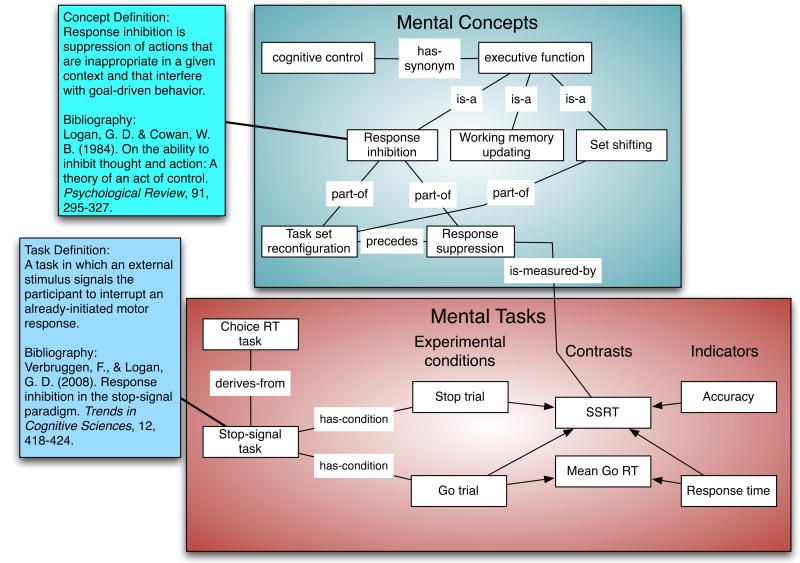Figure 2. A schematic depicting the structure of the Cognitive Atlas.
The Cognitive Atlas (http://www.cognitiveatlas.org) aims to formally represent mental concepts and their relationships to the tasks that are meant to measure them. In this example, a subset of concepts in the domain of executive function is depicted, along with a task (the stop-signal task) that is thought to measure one of these components. Mental concepts (i.e., any process, representation, or concept related to mental function) can be related to one another in a number of ways, including basic ontological relations (such as “is-a” and “part-of”) as well as temporal precedence relations (“precedes”) and semantic relations such synonymy. Tasks are defined in terms of their particular experimental conditions, the contrasts between conditions that generally define experimental effects, and measured variables (called “indicators”). Specific contrasts (e.g., subtractions between conditions) are related to specific mental concepts by the measurement relation (“is-measured-by”), which formalizes the relations between mental constructs and task manipulations that are often left implicit in cognitive neuroscience research. Tasks can also be related to one another in a family-tree relation (derives-from), which represents the “task phylogeny” [54] describing the historical evolution of psychological tasks.

